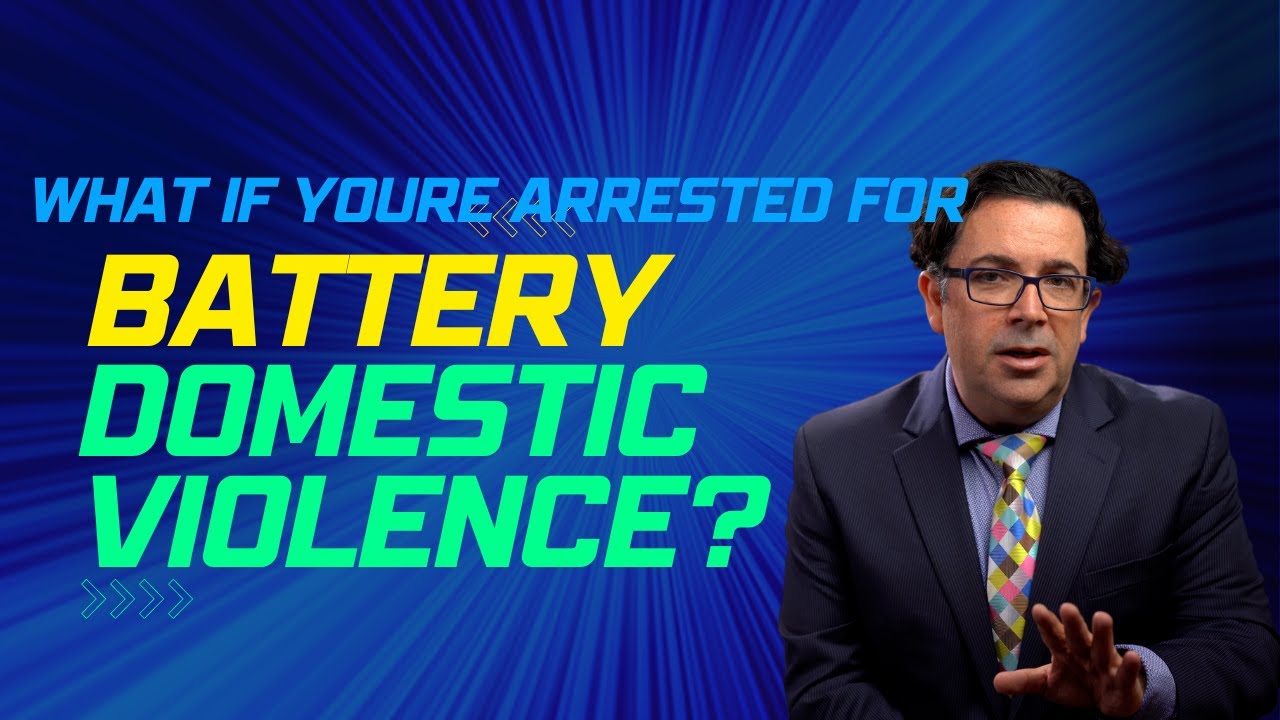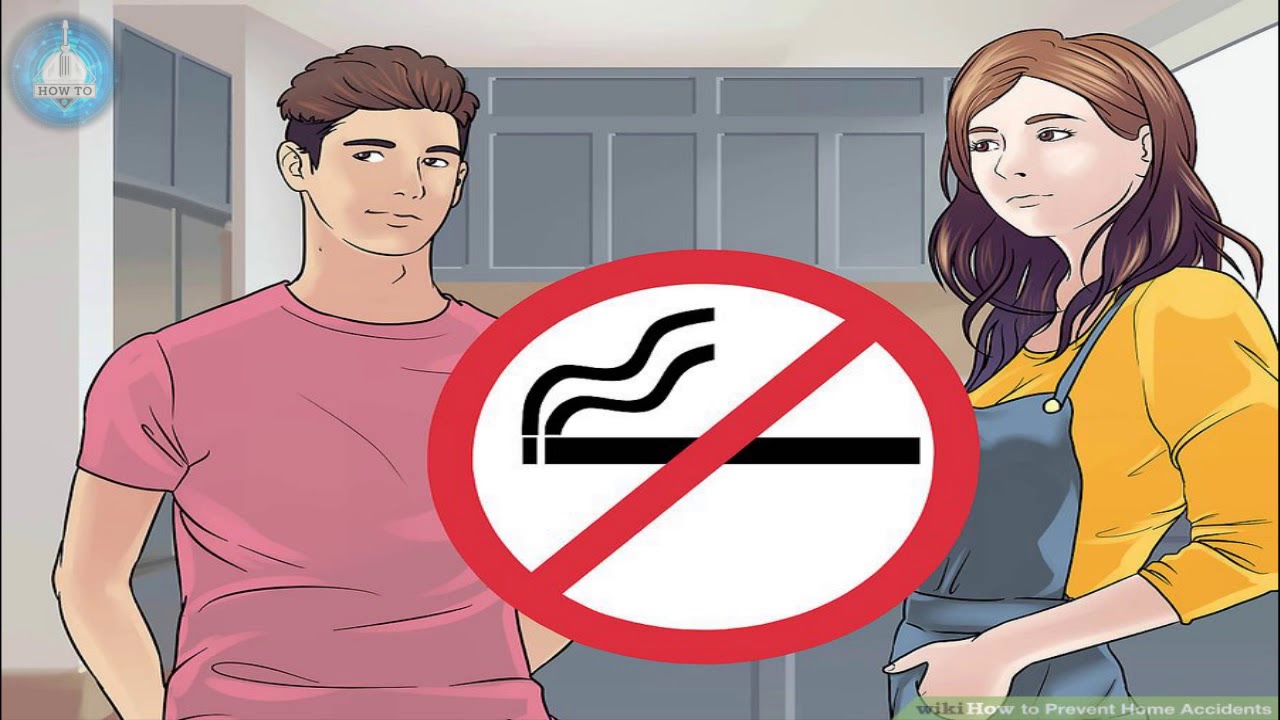Lawyer Pro Tips on What to Do If You’re Arrested for Battery Domestic Violence

What to Do If You Are Arrested for Domestic Violence
Being arrested for domestic violence can be an overwhelming and distressing experience. Understanding your legal rights and taking the proper steps immediately after an arrest can significantly impact the outcome of your case. In this guide, we’ll discuss why documenting your injuries is essential, the importance of following no-contact orders, and key legal actions you should take to protect yourself.
Why Documenting Your Injuries Matters
When law enforcement officers respond to a domestic violence incident, they thoroughly document the scene. This typically includes photographing injuries, assessing property damage, and collecting statements from those involved. If you are claiming self-defense or another legal defense, gathering your own evidence is crucial.
Here’s what you need to do:
- Take Photos Immediately: If you have any injuries, take clear photos from multiple angles. Even minor bruises or scratches can serve as evidence in your defense.
- Record a Written Account: As soon as possible, write down a detailed account of what happened before, during, and after the incident. Include times, dates, and any relevant conversations.
- Secure Witness Statements: If anyone witnessed the incident, ask them to provide a written or recorded statement. Their testimony could be valuable in court.
What to Do After Release
Once released from custody, it’s essential to take proactive steps to protect yourself legally.
- Consult a Domestic Violence Attorney
Seeking immediate legal counsel is one of the most critical steps you can take. A domestic violence attorney can evaluate your case, explain your rights, and develop a defense strategy tailored to your situation. - Avoid Discussing the Case
Do not discuss the incident with anyone except your attorney. Anything you say to friends, family, or on social media can be used against you in court. - Comply with All Legal Requirements
Ensure you attend all court hearings, follow legal advice, and avoid any actions that could worsen your situation.
Understanding No-Contact Orders
A no-contact order is often issued by the court in domestic violence cases, restricting any form of communication between you and the alleged victim. Violating this order can result in additional criminal charges and jail time.
No-contact orders typically include:
- No direct communication (in-person, phone calls, text messages, emails, or social media)
- No indirect contact (using a third party to relay messages)
- Restrictions from being near the alleged victim’s home, workplace, or school
How to Handle Life with a No-Contact Order:
- Follow the Order Strictly: Do not attempt to contact the alleged victim under any circumstances.
- Seek Legal Modifications If Necessary: If you share children or financial obligations, your attorney may request modifications to allow limited communication.
- Plan for Alternative Living Arrangements: If you share a residence with the alleged victim, arrange for alternative housing until the case is resolved.
Conclusion
Being arrested for domestic violence is a serious legal matter that requires immediate attention and a strategic approach. By documenting your injuries, strictly following no-contact orders, and seeking professional legal counsel, you can protect your rights and work toward a favourable outcome.
If you are facing domestic violence charges, do not navigate this situation alone. Contact a qualified attorney to ensure you take the right legal steps to defend yourself and move forward.

